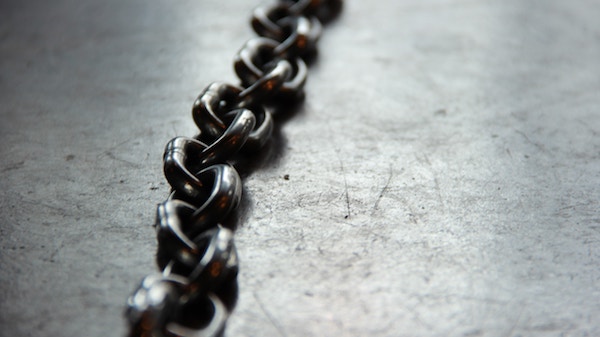
The Wonder of Relationship
November 13, 2019
Being a Good Steward of Pain
December 14, 2019Breaking Old Habits

Repetitive habits are hard to break. Trying to undo a dominant, negative pattern that often has its roots in early childhood is extremely difficult to change. These bad habits wreak havoc in marriages and families. Deadly practices such as lying, uncontrolled anger, jealousy, envy, or playing the victim inflict harm and invalidate our Christian testimony. A practical approach to change is to concentrate our energies on building new healthy patterns that will become stronger than the old ones. If every time a person has an episode with his lying problem, for example, he learns to take responsibility for his actions by apologizing and acknowledging what he has done. In so doing, he will be changing slowly, and as time goes on, he will resist the urge to lie.
Abraham, who is a model of faith and integrity, had a problem of lying. Scripture records two different occasions where he lied, bringing shame to himself, his family, and to God. What is it that causes us to resort to deception, such as lying, so that we mislead people? Abraham said it was fear that caused him to lie. These dysfunctional habits often spring up when we feel insecure or threatened. They sometimes stem from our earliest years and are part of our cognitive schemas. Once the start button is pushed, the dysfunctional habit takes over. It will repeat itself over and over unless we have an intervention and learn to change this kind of irrational thinking and behavior.
The Apostle Paul writes about changing old habits into new healthy habits: “You used to walk in these ways, in the life you once lived. But now you must rid yourselves of all such things as these: anger, rage, malice, slander, and filthy language from your lips. Do not lie to each other, since you have taken off your old self with its practices and have put on the new self, which is being renewed in knowledge in the image of its Creator” (Colossians 3:7-10).
Paul’s words strike me, “you must rid yourselves of all such things.” It is up to us to recognize the bad habit that needs to be changed and to change it. The Apostle tells us to clothe ourselves with “compassion, kindness, humility, gentleness, and patience” (Col 3:12).
Once, we had to do some hard work of digging trenches on the basement walls of our church and painting a sealer on them to waterproof them. It was hard back-breaking work on a hot summer day. When I got home that day, my clothes were filthy, stained, and ruined. I threw them in the trash, got cleaned up, and put on clean clothes. That is a picture of what Paul is talking about to the Colossians.
Do we think this work of changing our old ways is going to be easy? If we ever thought that, we were mistaken. It’s hard! We must despise old habits and recognize them and not run from them. We cannot deflect blame for our mistakes on someone else. We must take responsibility for them! In so doing, we will be able to dress in a new wardrobe. What beautiful garments are described for us here: compassion, kindness, humility, gentleness, and patience. Once we have these garments, we will be able to bear with one another and forgive each other. In so doing, we will be living out the command of Jesus to love one another (Col 3:13-14).



